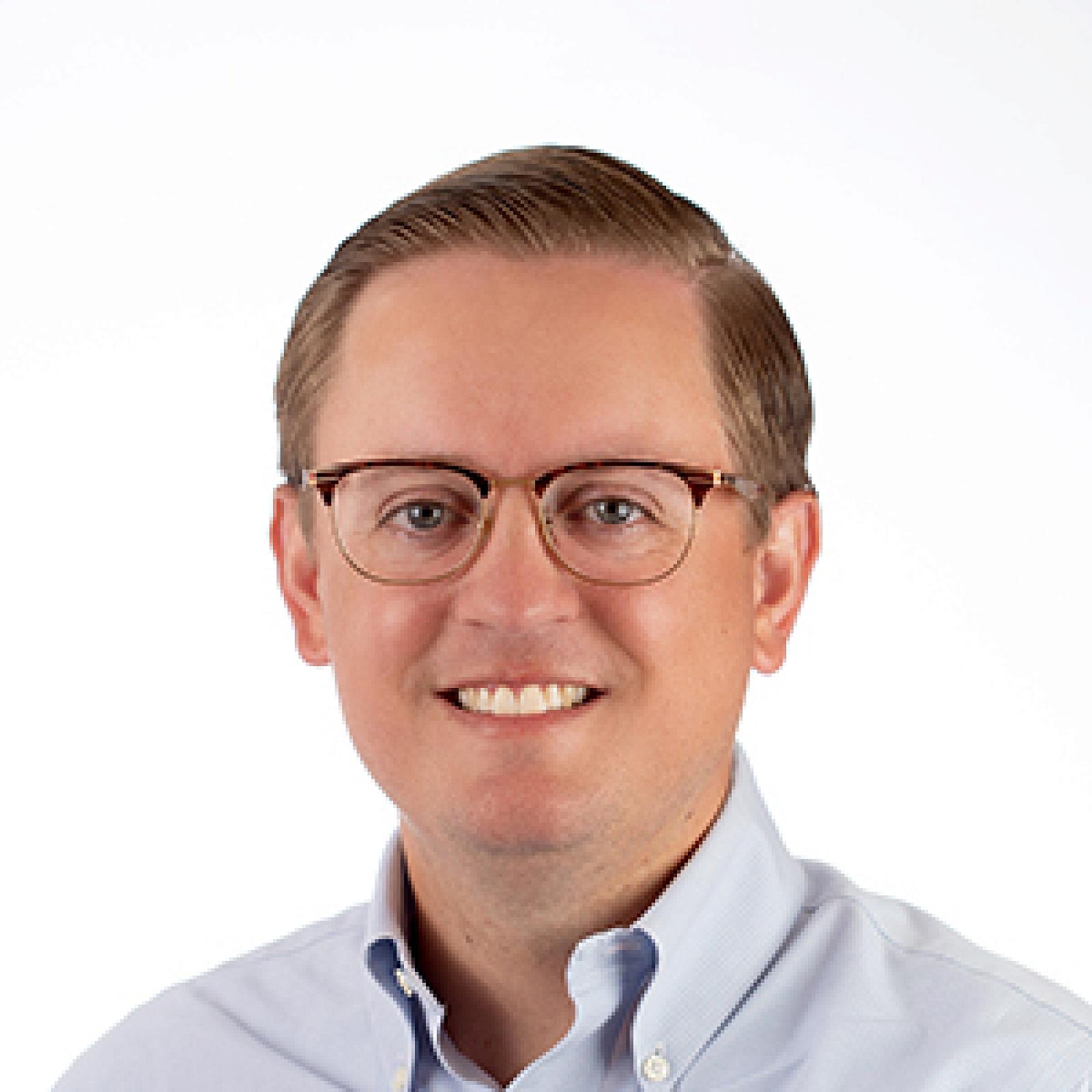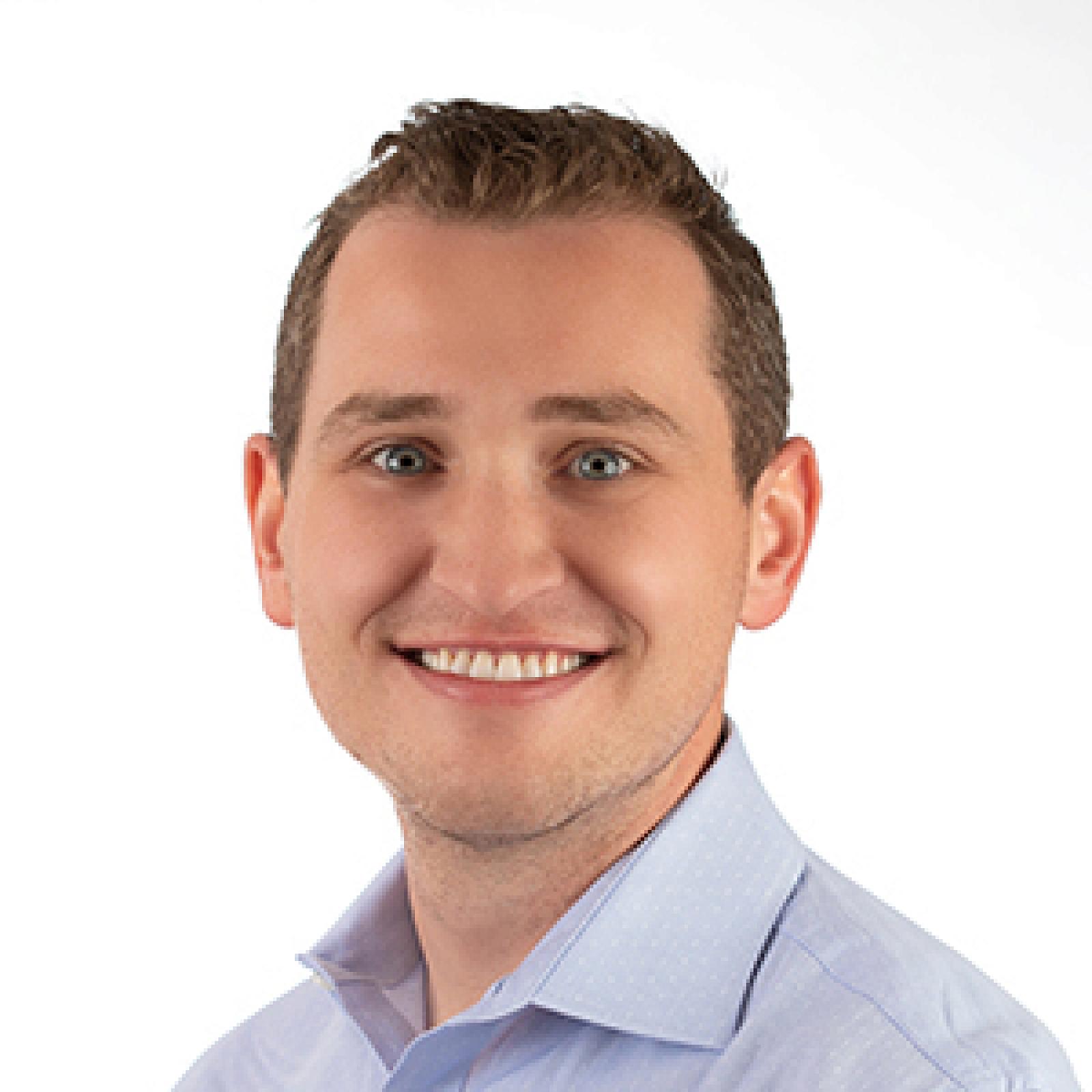
Welcome from the Chiefs
Thank you for your interest in the University of Utah Psychiatry Residency! As chief residents, we're thrilled to share why we love this program!
Our program is passionately dedicated to resident education, with attending psychiatrists actively engaged in delivering dynamic clinical instruction and didactics. We allocate two half-days each week to didactic sessions, ensuring that the content is not only evidence-based but also engaging and interactive. This commitment creates a vibrant learning environment and fosters strong weekly connections among residents. Additionally, we hold regular resident meetings on didactic days to share program updates, collaboratively address clinical challenges, and celebrate our colleagues' accomplishments.
We take great pride in fostering each resident's professional growth. From leadership roles in our many tracks and concentrations, to significant internal moonlighting options starting in PGY-2—offering both increased clinical autonomy and additional income—our program is designed to propel your career forward! In PGY-3 and PGY-4, residents can choose from a wealth of elective options to tailor their schedules to their professional interests. At every stage of training, we have dedicated faculty who are enthusiastic about supporting residents in their professional development. In our program, the energy you invest is met with abundant opportunities for career expansion and advancement!
Salt Lake City is a fantastic, family-friendly place to live, offering a perfect blend of urban excitement and outdoor adventure. Utah’s stunning natural beauty includes five national parks—ideal for weekend trips!—and seven ski resorts within a 45-minute drive of the city. Our area is renowned for its unparalleled hiking, biking, and nature trails, with one right behind our home base at the Huntsman Mental Health Institute (HMHI)! For indoor enthusiasts, Salt Lake City features a world-class symphony, ballet, and opera, along with top-notch concert venues, shopping, and dining. Sports fans can cheer on the Utah Jazz and the new Utah Hockey Club, and fans of pop culture can enjoy the local flavor of the Real Housewives of Salt Lake City!
We know that applying to residency programs is stressful. If you're passionate about psychiatry, and value top-notch training and teamwork, we’d be thrilled to welcome you here! We look forward to meeting you on the interview trail. Best of luck with your residency search!
Sincerely,
Jordan Peacock, Herschel Wilde, Gregory Jebian-Bastouri, Ryan Kelley


